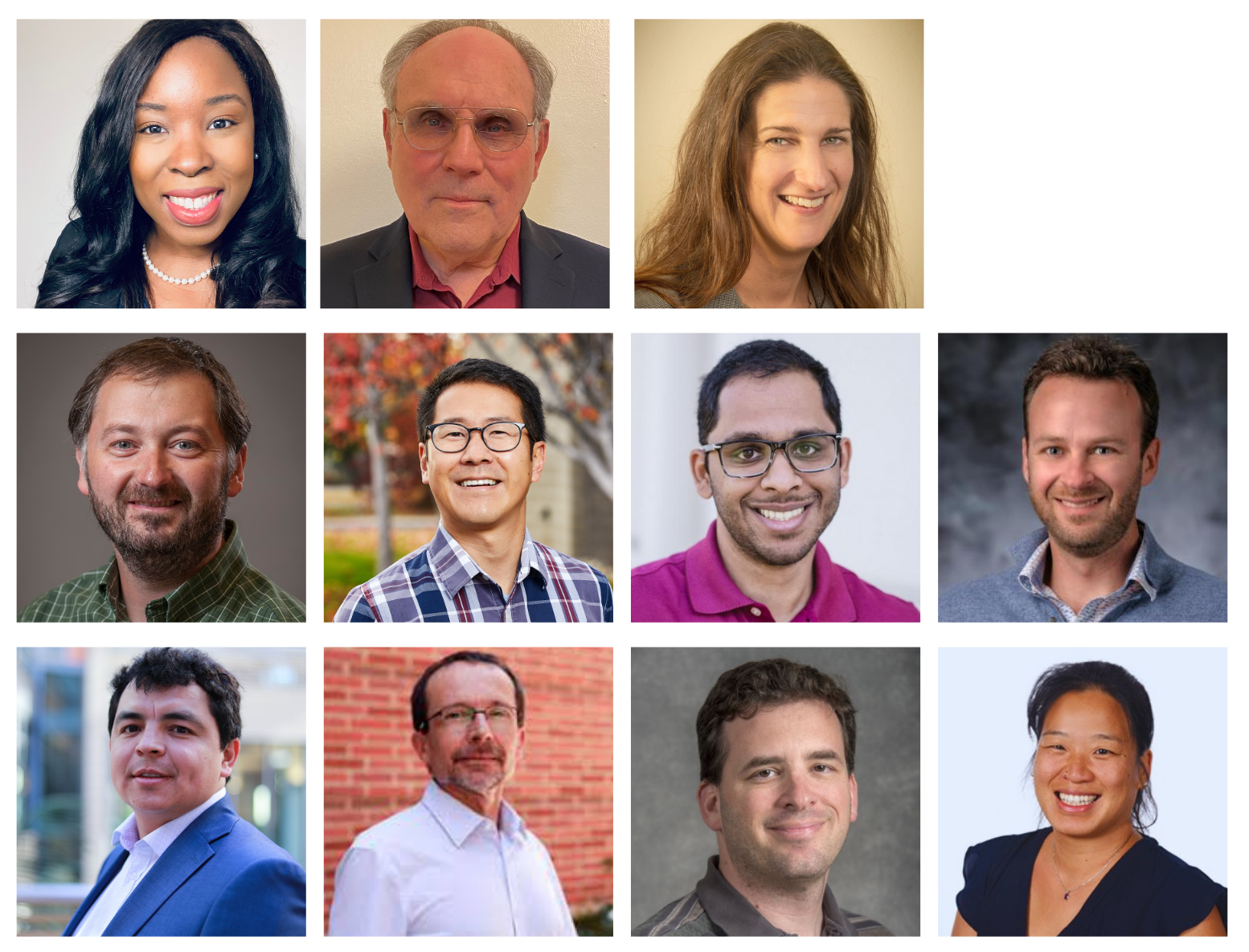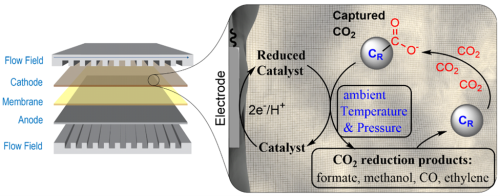Direct Conversion of Captured CO₂ into Fuel and Chemicals

A recent award from the University of California, Office of the President has established a new multi-campus Research Center focused on development of catalysts, methods and scaled-up prototypes for fundamental knowledge needed to convert captured CO₂ into fuels and commodity chemicals. The collaborative team is lead by UC Davis Chemistry Principal Investigator Prof. Berben and includes researchers from UC’s Berkeley, Davis, Irvine, Los Angeles, Merced, Riverside, and Santa Barbara; along with Lawrence Berkeley and Lawrence Livermore National Labs, with involvement of both Chemists and Chemical Engineers.
Current technologies for capture of CO₂ use heat to release the CO₂ and recycle the capture agent in an energy-intensive step. Direct conversion of captured CO₂ into chemicals is an alternative low-energy approach to recycling capture agents. In particular, the center will focus on electrochemically driven reactions so that any needed energy can be derived directly from renewable sources. Professional development opportunities for undergraduate and graduate student researchers include participation in Center-wide group meetings, literature and professional development meetings and opportunities to pursue research exchanges at participating University of California and National Lab sites.
More information at: --

